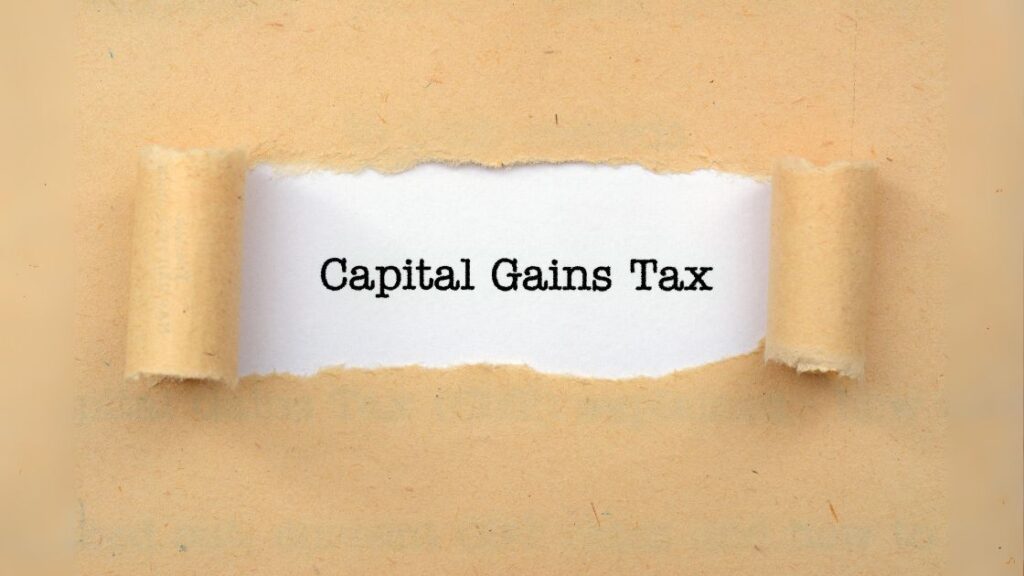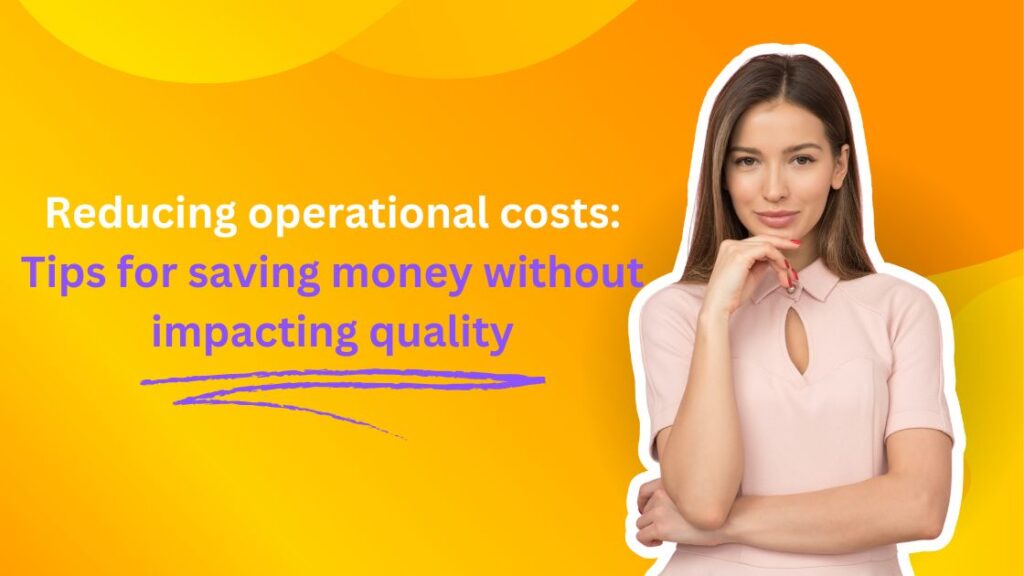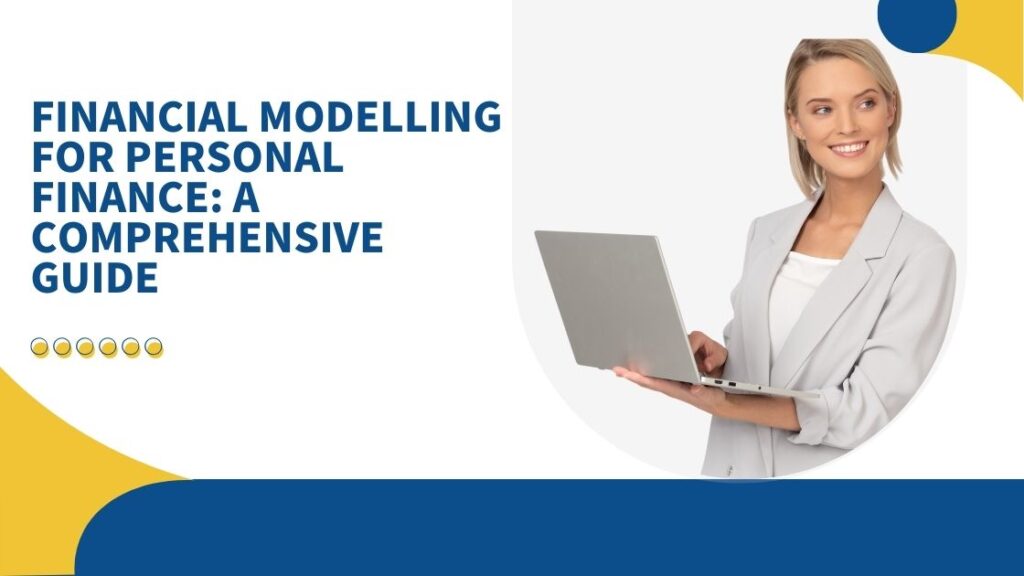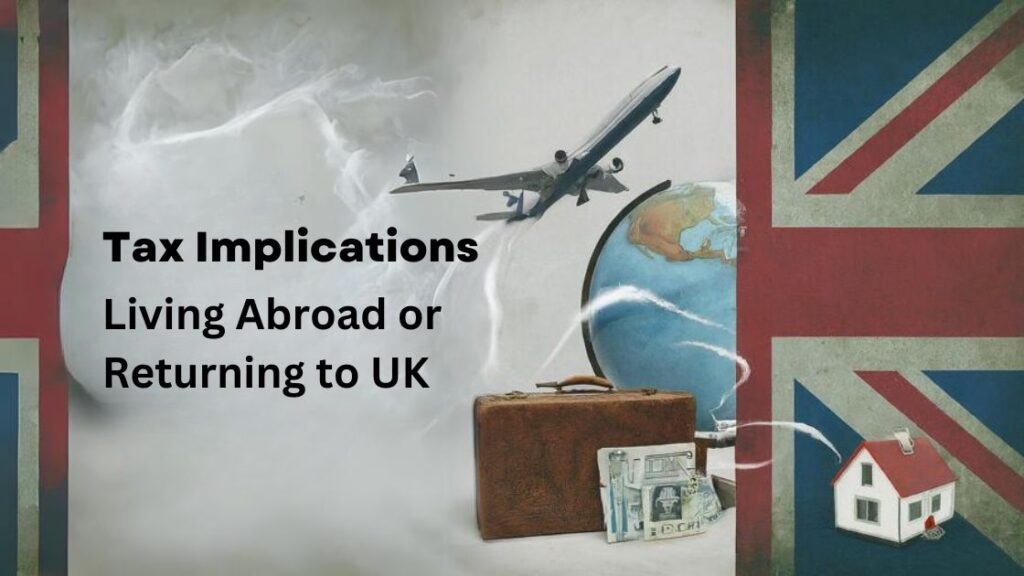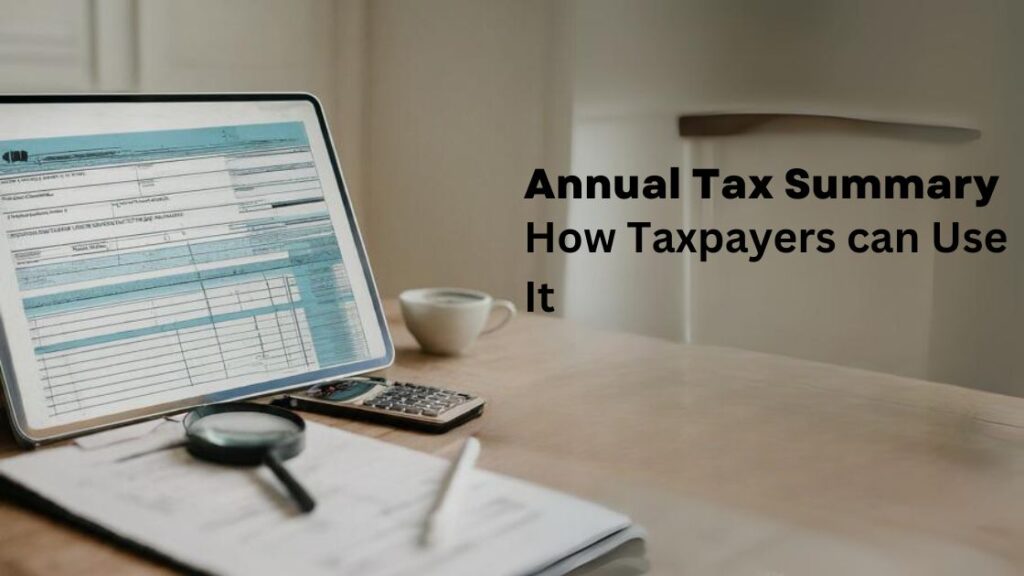Saving money can be tricky these days. There are many day-to-day expenses which might seem insignificant, but can consume a significant amount of your income. The task of mitigating these expenses can seem daunting if you look at these expenses these altogether at once. The small everyday expenses can really dig a big hole your pocket cumulatively and can have adverse impact on your savings, investment plans and future prospects by triggering a cascading effect and by developing unhealthy spending habits.
A little bit of understanding and management of these daily expenses can stop the excess leakage of your money and accelerate your journey towards your goals. Let us address some these one by one and here are some suggestions on how deal with these.
Differentiate between needs and wants!
Thinking and prioritizing your needs can streamline your expenses and reduce the urge to spend that you do not need right now. It does not mean that you have to live the life of a miser, it simply means that you have to prioritize the expenses at every stage of your life put your needs ahead of your desires until you reach a stage where you are financially free to get what you want. In other words, exercise the principle of “forced scarcity”.
Consider creating a Budget
It might sound boring and old school but there is a strong reason why this habit is one of the most common habits of financially independent and successful people. Let us start understanding the importance of the complete by a very simple and effective analogy, consider a simple activity for example vacation we will be discussing importance of planning and budgeting with this activity. The very first thing that you need to decide is where you want to go, followed by the decision how you would be going, then how much time and money you need to get everything sorted and arranged for a vacation. Now in the exact same way anyone can decide what are their financial goals, how much money they can afford to spend each month to achieve their goal in the time which they have fixed to reach that goal. You will notice this little analysis of your present financial status and the status that you want to get will bring a positive change. You will at least start to look for information, the answers how you can do what is required to be done.
Understand money
Again, you all must be wondering we know money is something we get in return for the work we do. Be rest assured this is the middle-class trap that most people will never be able to get out of. Reality of money is completely different than what we know. Have you ever wondered why some people are so good in creating wealth regardless of education and skills they have. Fact is intellect can be a source to create wealth but getting rich and financially free requires the understanding of how money is circulated, how value of certain things increase exponentially, how trends change and are generated in the society about certain products, commodities and services. If you understand these details well congratulations you are ahead in this race. Learning about finance and economy can provide you an extra ordinary advantage in wealth creation.
Let us start with the small changes that you can make in day-to-day routine to wise use your money and increase your savings:

Try home entertainment instead of Date Night or Night Out!
Try to limit the outdoor adventures with your spouse and family and organize home entertainment on weekends, this will cost a fraction of those outdoor adventures and will bring the feeling togetherness as well. You will find that being together at home and enjoying homemade food with a game or a movie on your T.V can be better than that noisy and crowded night out.
Cut outdoor lunches during weekdays!
It might not seem effective at the beginning as you have to put some effort in preparing your lunch but consider a saving of 10 pounds to 20 pounds per day multiplied by your workdays in a month. This will definitely be 30 to 40% of your monthly rent or your mortgage. The satisfaction that you will get by preparing your meals yourself is truly unmatched.
Use carpooling or public transportation to commute to work!
This one habit will some you at least 20 – 30 % of your monthly expenses as we all know prices of gas increasing at a rapid rate and you will also get some time to read or get a power nap during commuting to office. You can also use the time to plan for your workday during travelling.
Organize your grocery shopping!
The main reason to earn is to survive and for that everyone needs food so the this is one expense that you can not eliminate however you can track, optimize and use smart inventory management to not only mitigate the expense but also to keep your self healthy. Looking for “buy one get one free” offers on your grains and greens can not only save the hard-earned money but can also help in storing larger number of essentials each month. You can also track the consumption to plan the quantities that you might need each month for each category of groceries that you buy.
Give yourself a target for saving and investing each month!
This has to be a priority as soon as you receive your pay check each month no matter how small is the amount for each of the category but there has to be an amount that you must allocate towards your saving and investments. Remember consistency is the key here. Once you are disciplined enough in these two departments try to allocate a percentage of your income each month for savings and investments this will give you a financial edge in near future to make decisions that other people would be dreaming about. Remember it has to be you who would take that first step in your journey towards financial freedom. So, “keep calm, keep saving”!



